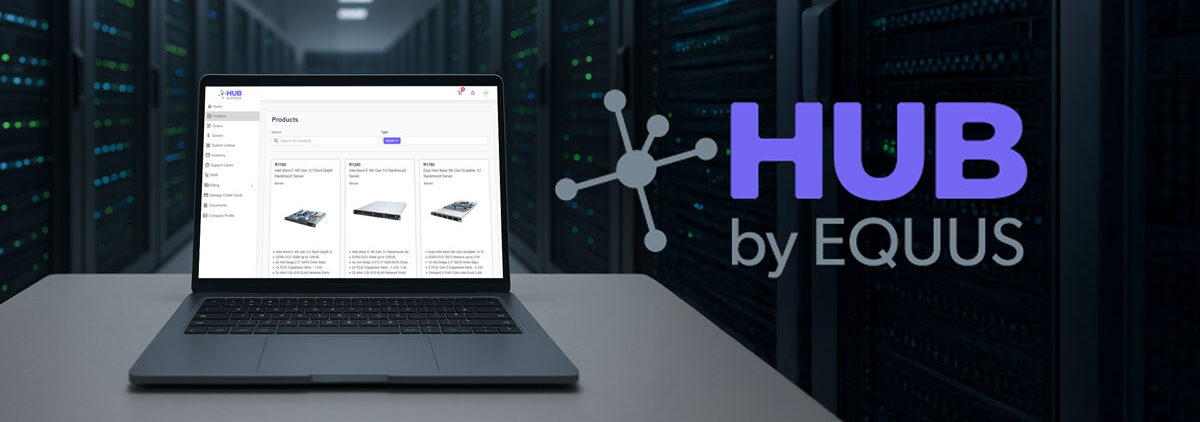[et_pb_section admin_label=”section”] [et_pb_row admin_label=”row”] [et_pb_column type=”4_4″][et_pb_text admin_label=”Text”]
Everyone wants to keep their money safe, whether in a mattress, bank vault, or hidden in their favorite action figure. Even more so as banking continues its trend toward digital. This is especially concerning as cybercriminals become more sophisticated, forcing financial institutions to bolster their defenses if they’re to maintain the trust of their members.
The challenge is that there are too many threats for human defenses alone. Fintech needs the assistance of AI tools to keep up robust security features while providing users with the advanced features they now expect from modern digital organizations. Let’s consider three advantages AI can provide to Fintech organizations in 2023 and how to prepare your organization for success.
Three Benefits of Using AI in Your Fintech Organization
AI applications for fintech are numerous and include features that improve customer service, regulatory compliance, insurance underwriting, etc. Let’s focus on three applications that enhance organizational security and are trending toward mandatory. As you read through the list, think about how you’re already using AI and the gaps that still exist in your organization’s infrastructure.
1. Fraud Detection and Prevention. When AI and humans work together, the results can be astounding. Machine learning tools can analyze vast amounts of data and identify patterns much faster than people, making the technology well-suited to detecting and responding to threats in real time. Meanwhile, humans bring a level of intuition and understanding that AI currently cannot match, which is especially important when dealing with complex threats or threats that require an understanding of context. While initial hardware costs may be higher, the capacity of machine learning for high-volume activity makes it more cost-effective when detecting threats at scale.
2. Risk Assessment. In a study conducted by Deloitte, 50% of respondents said that efficiency tools (such as RPA, cognitive intelligence, AI/machine learning) will be an extremely or very high priority for their institutions over the next two years. Why? With the economic downturn brought about by the pandemic and following it, organizations are looking for ways to increase efficiency.
AI can help fintech organizations automate the analysis of large datasets to determine the risk level associated with lending to particular individuals or businesses. It can also factor in credit history, income, expenses, and market trends in real time, making it easier and faster for companies to make informed decisions.
3. Credit Scoring. Traditional credit scoring methods might not work for everyone, particularly those with little to no credit history. Additionally, lenders can be influenced by bias based on gender, race, and ethnicity. In contrast, AI provides an ethical analysis of a borrower’s creditworthiness even when they have little to no history.
To assess creditworthiness, AI analyzes alternative data such as utility bill payments, social media data, employment history, etc. Since it can collate data from many sources and compare it to the data from other cases, it provides more reliable insights than lending personnel and can come up with answers in a fraction of the time.
Level Up Your AI Capabilities With Habana Labs Technology

Speed is one of the attributes that sets AI apart from other methods. But your hardware and underlying technology can impact performance greatly. Habana Labs Gaudi processors provide accelerators that can handle data parallelism when the training dataset is huge and model parallelism when the models are large.
These capabilities are essential for fintech since training time can be adversely impacted when models are encoding symmetries in neural network architecture while also attempting to provide peak performance. Gaudi-based instances enable you to build high-quality models with lower training costs. Equus and Habana Labs work together to provide customers with the most advanced AI hardware and no-stress infrastructure management. Schedule a conversation to learn more.
[/et_pb_text][/et_pb_column] [/et_pb_row] [/et_pb_section]








